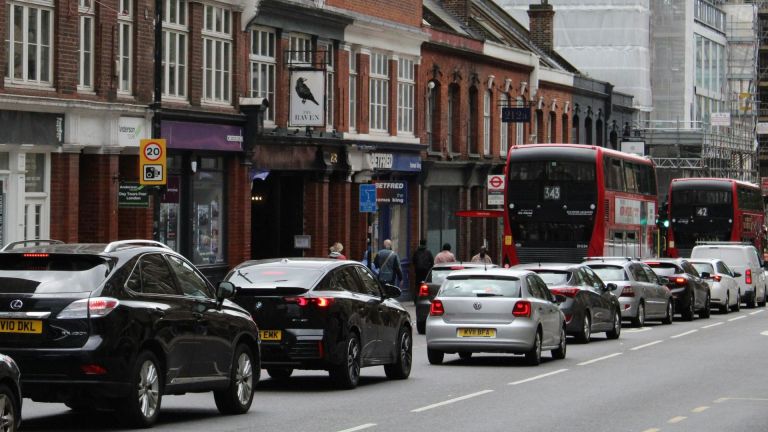It seems that the minister has left the door open for the government to make this cash-saving choice. It would be the fifth time the Conservatives have refused to increase benefits in line with inflation in the last decade.
Your support changes lives. Find out how you can help us help more people by signing up for a subscription
Lindsay Judge, research director at the Resolution Foundation, said: “The government is reportedly considering returning to a tried-and-tested way of saving the exchequer money, by not uprating benefits in line with prices next year.
“This policy could save the government up to £4.2 billion, but it would come at a terrible cost – reducing the disposable incomes of nine million families by an average of £470 a year and plunging up to 400,000 more children into poverty.
“At a time when the incomes of the poorest half of the population are already set to fall next year, failing to uprate working-age benefits in line with prices would be hard to defend, deepening a cost of living crisis that is already hitting low and middle income households the hardest.”
Even if uprating goes ahead, the poorest half of the population are on track to see their disposable income fall by 1% next year, with a further 300,000 people set to fall into absolute poverty. The situation would be far worse if benefits were not increased in line with inflation.
Advertising helps fund Big Issue’s mission to end poverty
Alison Garnham, the chief executive of the Child Poverty Action Group, added: “There is no comfort for struggling families in the news that inflation is unchanged – and still the government hasn’t said that it will safeguard benefits and ensure they rise at least with inflation.
“Ministers must stop the worry and commit to uprating benefits at least in line with inflation. The alternative is that many more children will be pulled into poverty – their wellbeing and life chances jeopardised.”
Alfie Stirling, chief economist at the Joseph Rowntree Foundation, said: “The September inflation rate of 6.7% published today is the one government is expected to use to uprate benefits next April.
“For ministers to cast doubt on whether they will deliver this uprating in full is unacceptable. Millions of families need the certainty that benefit payments will begin to recover some of the significant real terms losses suffered over the past two years, and they need that certainty now.”
The Joseph Rowntree Foundation and Trussell Trust are leading a campaign, backed by The Big Issue, calling for universal credit to be increased so that people can afford the essentials at the very least.
“As families continue to struggle with rapidly rising prices, this crisis is also evolving in new and dangerous ways. Not only are people now struggling to cope with the direct impacts of higher interest rates themselves, as credit cards, overdrafts and bank loans all become more expensive, but the wider economic slowdown in the jobs market is beginning to bite.
Advertising helps fund Big Issue’s mission to end poverty
“The government is treating our vital income support system, and the millions of lives it affects, as a political football. This is yet another reason why we need an Essentials Guarantee, where we move to a protected minimum level of support across all benefits that guarantees everyone, at the very least, can afford the basic essentials.”
Tom Pollard, head of social policy at the New Economics Foundation: “Benefits should increase in line with inflation as an absolute bare minimum – this should be guaranteed, not treated each year as a political football. Uprating benefits simply returns them in real-terms to where they stood a year ago, but this baseline is not related to any meaningful assessment of the essential costs household face.
“With the additional cost of living payments coming to an end in the spring, many low-income households will actually be worse off next year. Benefit rates should be completely recalibrated so that every household can afford their essential costs.”
Get the latest news and insight into how the Big Issue magazine is made by signing up for the Inside Big Issue newsletter
Do you have a story to tell or opinions to share about this? We want to hear from you. Get in touch and tell us more.










